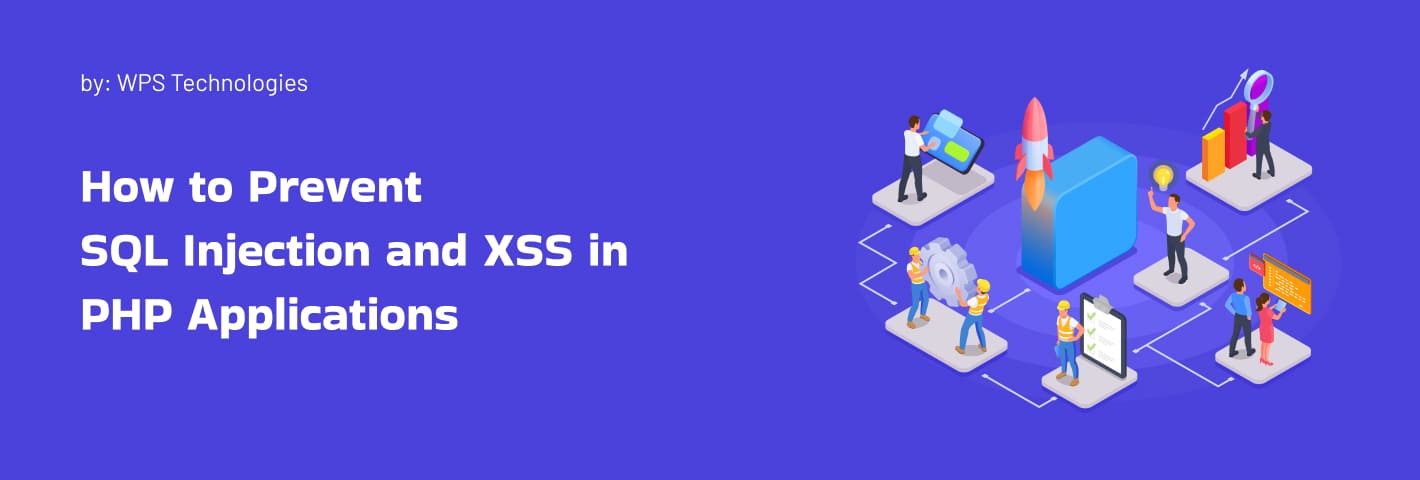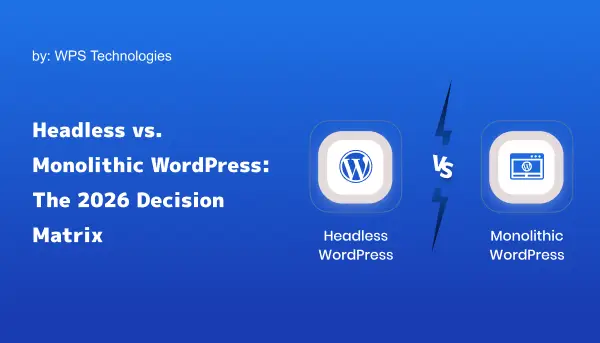
How to Prevent SQL Injection and XSS in PHP Applications
Security is a fundamental aspect of web development. For PHP developers, two of the most dangerous vulnerabilities are SQL Injection and Cross-Site Scripting (XSS). If left unaddressed, these can lead to data breaches, website defacement, and serious damage to a brand’s credibility. This blog will guide you through understanding and preventing these threats effectively.
Understanding SQL Injection
SQL Injection occurs when an attacker manipulates SQL queries by inserting malicious input into form fields or URLs. The goal is to access, modify, or delete data from your database without authorization. This is often made possible when user inputs are directly included in database queries without validation or sanitization.
How to Prevent SQL Injection
- To protect your PHP application from SQL Injection:
- Use secure database queries that rely on parameterized statements.
- Validate all form inputs and ensure they match expected formats.
- Sanitize incoming data to remove harmful input.
- Limit database user permissions to only what’s necessary.
Understanding Cross-Site Scripting (XSS)
XSS attacks occur when an attacker injects malicious scripts into a web page that is later viewed by other users. These scripts can steal session cookies, capture keystrokes, or redirect users to malicious sites. XSS usually happens when user-generated content is displayed on web pages without proper escaping or filtering.
How to Prevent XSS
To prevent XSS vulnerabilities:
- Escape all dynamic output before displaying it in the browser.
- Use Content Security Policy (CSP) headers to restrict executable content.
- Sanitize all user inputs to block malicious HTML or JavaScript.
- Never place user input directly into HTML or JavaScript code blocks.
- Use secure PHP frameworks that have built-in protections.
General Best Practices for PHP Security
Regularly update PHP and all associated libraries.
- Always use HTTPS to encrypt data transmission.
- Perform routine security audits and vulnerability scans.
- Train your team in secure coding techniques.
- Consider deploying a Web Application Firewall (WAF).
Conclusion
Preventing SQL Injection and XSS in PHP applications requires consistency and awareness. By implementing strong validation, output escaping, and secure coding practices, developers can significantly reduce the risk of exploitation and create safer web environments for users.


